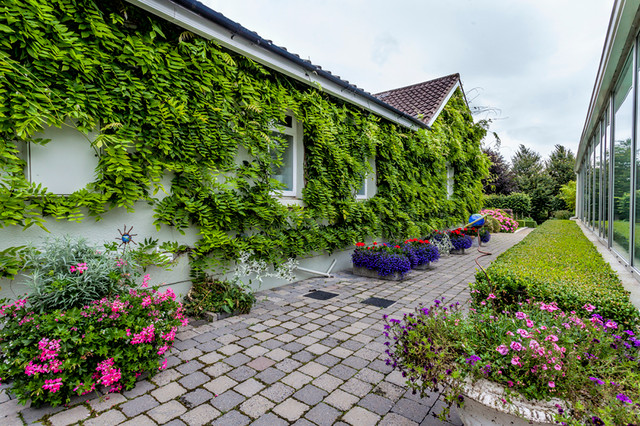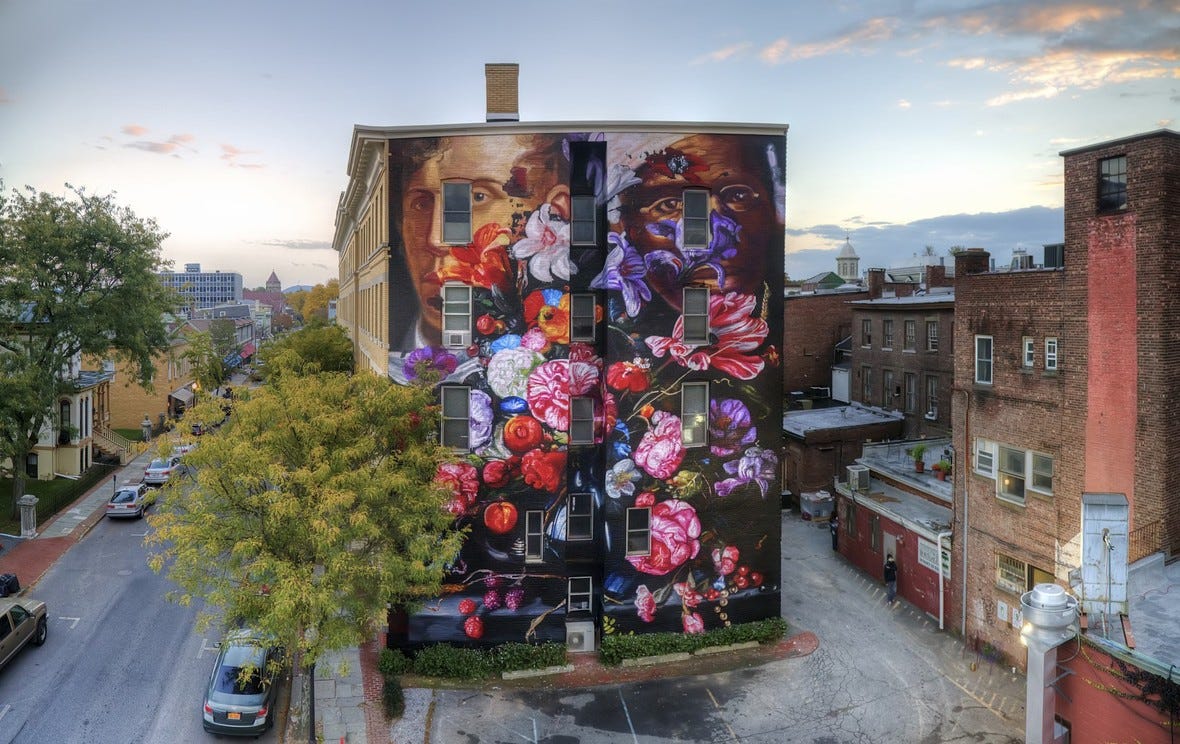As city populations keep growing and metropolitan areas expand, the importance of including eco-friendly spots into city environments gets increasingly apparent. Garden houses come up as being a eco friendly option which not only increases the caliber of urban existence and also endorses environment strength and neighborhood well-being. Let’s explore the main part that garden House (zahradní domek) perform in shaping lasting city development and producing enviromentally friendly, much more livable metropolitan areas.
1. Eco-friendly Structure
garden House (zahradní domek) contribute to the growth of eco-friendly facilities in downtown regions, delivering essential ecosystem services and mitigating the influences of urbanization. By including crops into residential structures, these structures help lessen temperature tropical isle results, increase quality of air, and enhance all round ecological good quality. Environmentally friendly roofs, dwelling surfaces, and top to bottom landscapes are just some of the functions that can make garden houses integral elements of eco friendly urban scenery, creating habitats for animals and promoting environmental connectivity amidst the downtown sprawl.
2. Weather Durability
Inside the face of global warming and extreme climate occasions, garden houses offer a buffer against environmental risks and play a role in weather conditions durability. Green areas serve as organic stormwater management solutions, absorbing excess rain fall and decreasing the chance of surging. Moreover, the actual existence of plant life aids regulate temperature, decrease energy consumption, and supply tone, developing more tough neighborhoods competent at adjusting to transforming climatic problems.
3. Lively Travel
Garden houses help lasting freedom styles by marketing jogging, bicycling, and general public transportation use. By clustering residential development around eco-friendly areas and features, these neighborhoods encourage active transport and lower reliance on autos. In addition, garden houses often function pedestrian-friendly paths, bike lanes, and access to open public transportation, making it simpler for inhabitants to travel sustainably and minimizing website traffic blockage and air contamination in urban locations.
4. Interpersonal Cohesion
Garden houses play an important role in encouraging sociable cohesion and community proposal within metropolitan local neighborhoods. These natural enclaves give people with possibilities for social connection, entertainment, and group motion, conditioning bonds and cultivating feelings of belonging. Whether by means of provided growing plants projects, community occasions, or collaborative initiatives, garden houses serve as hubs of interpersonal process and reciprocal assist, enhancing the fabric of downtown life and marketing inclusive, resilient residential areas.
5. Economic Rewards
Beyond their enviromentally friendly and social positive aspects, garden houses offer financial positive aspects for inhabitants and cities alike. Eco-friendly spaces boost residence beliefs, draw in investment, and enhance the all round desirability of neighborhoods. Moreover, garden houses lessen vitality costs, water usage, and maintenance costs, contributing to long-term savings for homeowners and local governments. By integrating green structure into downtown development, garden houses play a role in economical progress, job development, and improved total well being for residents.
In summary, garden houses symbolize a holistic approach to sustainable downtown growth, where by environmental, social, and economic things to consider converge to generate lively, sturdy areas. By embracing these natural lifestyle solutions, cities can produce places that prioritize the well-simply being of both people along with the world, guaranteeing a far more sustainable and equitable future for years in the future.


